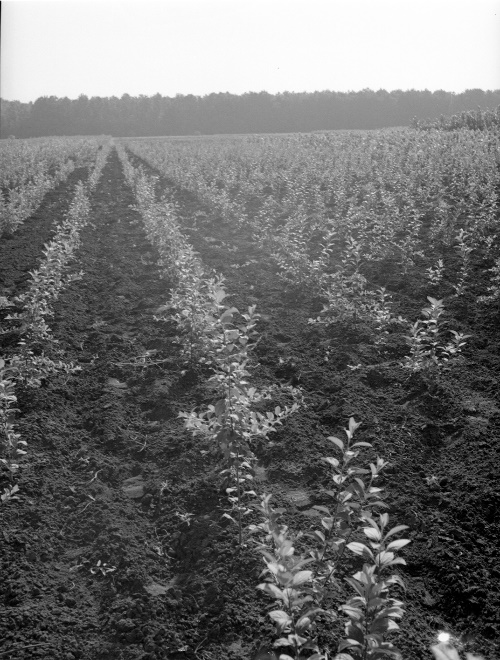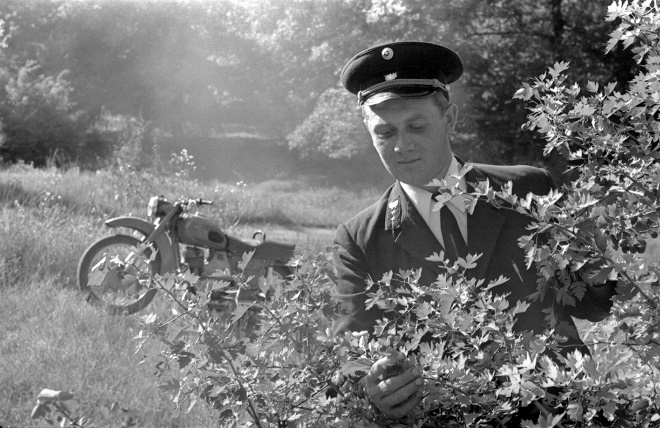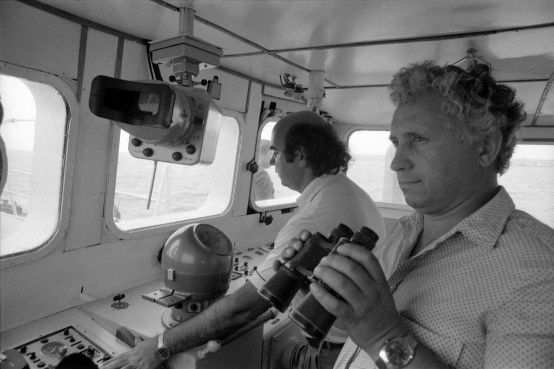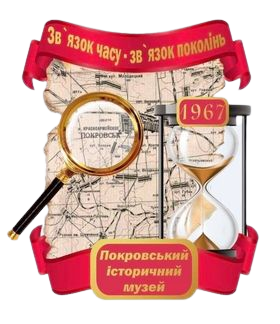On June 30, 1960, in an effort to counter further damage to the environment, the Verkhovna Rada of the Ukrainian SSR passed the law “On the Protection of Nature.” This was the first legislation of this kind in the history of the republic. According to the law, the “protection of nature implies its preservation, the reasonable use of its riches, and the reproduction and development of its valuable flora and fauna.” The law advocated the idea of a balance between economic growth and the preservation of nature, framing it as a responsibility of organizations and of “each citizen of the Ukrainian SSR”. The proposed approach suggested a combination of technologies, civic awareness, and control.

Wild apple trees. 1951 planting at a farm in the Anadolsk forestry, Volnovakha district, Stalino region. 1952. Source: CSFPPA

Assistant forest ranger at Pishchanka forestry, Stanytsia-Luhanska forest farm. Communist Viktor Tuza at work. Photo: Roman Azriel, 1969. Source: CSFPPA
The discourse of ecological preservation gained momentum in the 1960s and continued to expand in the 1970s. During this period, several Soviet feature films thematized environmental preservation: “Blue Patrol” (1974), “Hunting the Poachers” (1975), “You to me, and me to you” (1976), and “Leopard” (1979) were among them. These films focused on ethical questions: nature was being damaged by greedy poachers, irresponsible local officials, and the like. By contrast, selfless inspectors and zealous citizens could improve the situation.
The photos presented here illustrate what was deemed a collective solution to the problems of excessive logging, poaching, and water pollution. To compensate for trees cut down, machines could help to quickly plant new seedlings. Foresters and other inspectors would have to ensure the “rational” use of resources. They would be equipped, as the images of the new motorcycle and a machinery onboard the ship suggest. The protection of natural resources was to be one of the Soviet citizen’s most important obligations.

A ship captain from the Board of the State Water Control of Azov Basin, S.K. Trandafilov (on the right) and the Departmental Chief of the Marine Guard, B.K. Frolov in the control cabin. Zhdanov. June, 1988. Photo: Borys Dvornyi / CSFPPA




